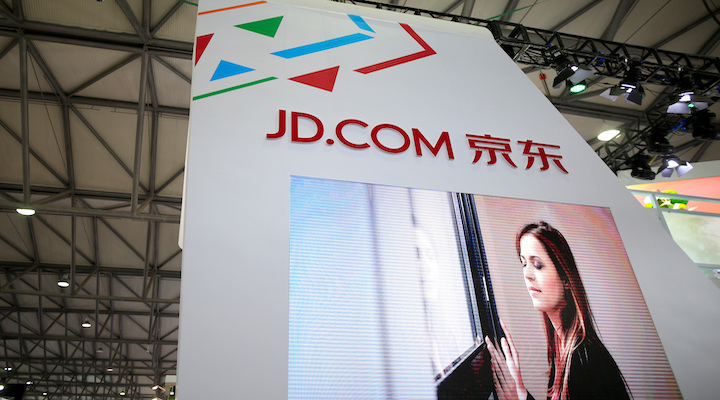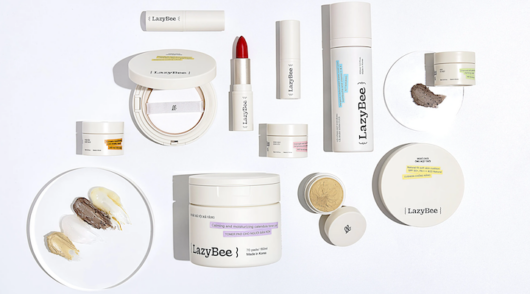JD.com beat analyst forecasts for second-quarter revenue on Wednesday, as the Chinese e-commerce giant’s focus on lower-priced products paid off in the fight for customers in an economic slowdown.
The company said it attracted more vendors to its platform, helped by lower thresholds and costs for them to join, and that users shopped more frequently as its product range expanded.
Competition is intense in the commerce sector and rivals such as Alibaba Group and PDD Holdings Inc are also trying to host more vendors to boost choice for buyers.
Helped by its so-called ten billion yuan subsidy programme, customers are also logging on to JD.com’s platform more often to make purchases, the company said, without providing figures.
CEO Sandy Xu said in some core categories, such as electronics where JD.com is a strong player, the company continued to increase market share in the second quarter despite a weak property market and modest recovery in durable goods demand. “In fact the electronics category is still facing pressure,” she said, “but we outperformed the industry.”
JD.com’s second-quarter revenue rose 7.6 per cent to US$39.7 billion, beating analysts’ average estimate of $38.5 billion, according to Refinitiv Eikon data.
Jacob Cooke, co-founder and CEO of WPIC Marketing + Technologies, an e-commerce consulting firm based in Beijing, said JD.com’s low price strategy was in tune with consumers’ focus emerging from the pandemic, and its strength in service and logistics helped it appeal to higher end urban customers.
“JD.com’s low price strategy, coupled with these advantages, has broadened the user base and made the platform a preferred choice over Pinduoduo in the 3C and appliance verticals,” Cooke said, referring to computer, consumer electronics and communications products.
After China abandoned its stringent Covid-19 lockdown policies, consumption failed to rebound immediately amid a slowdown in the overall economy.
Recent official economic data has also been gloomy, with the consumer price index tipping into deflation in July.
Retail sales rose just 2.5 per cent, slowing from a 3.1 per cent increase in June, despite the summer travel season. Analysts had expected retail sales to grow 4.5 per cent.
US-listed JD.com shares were down almost 5 per cent in early trade.
- Reporting by Yuvraj Malik in Bengaluru; Sophie Yu in Beijing; Editing by Jason Neely and Mark Potter, of Reuters.






